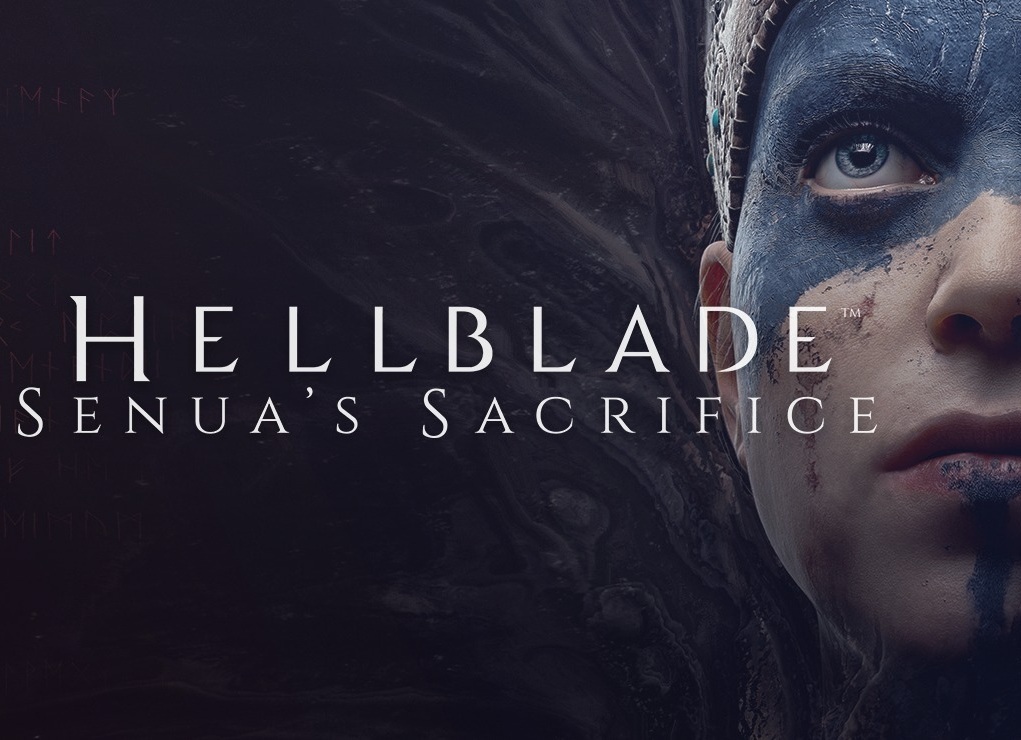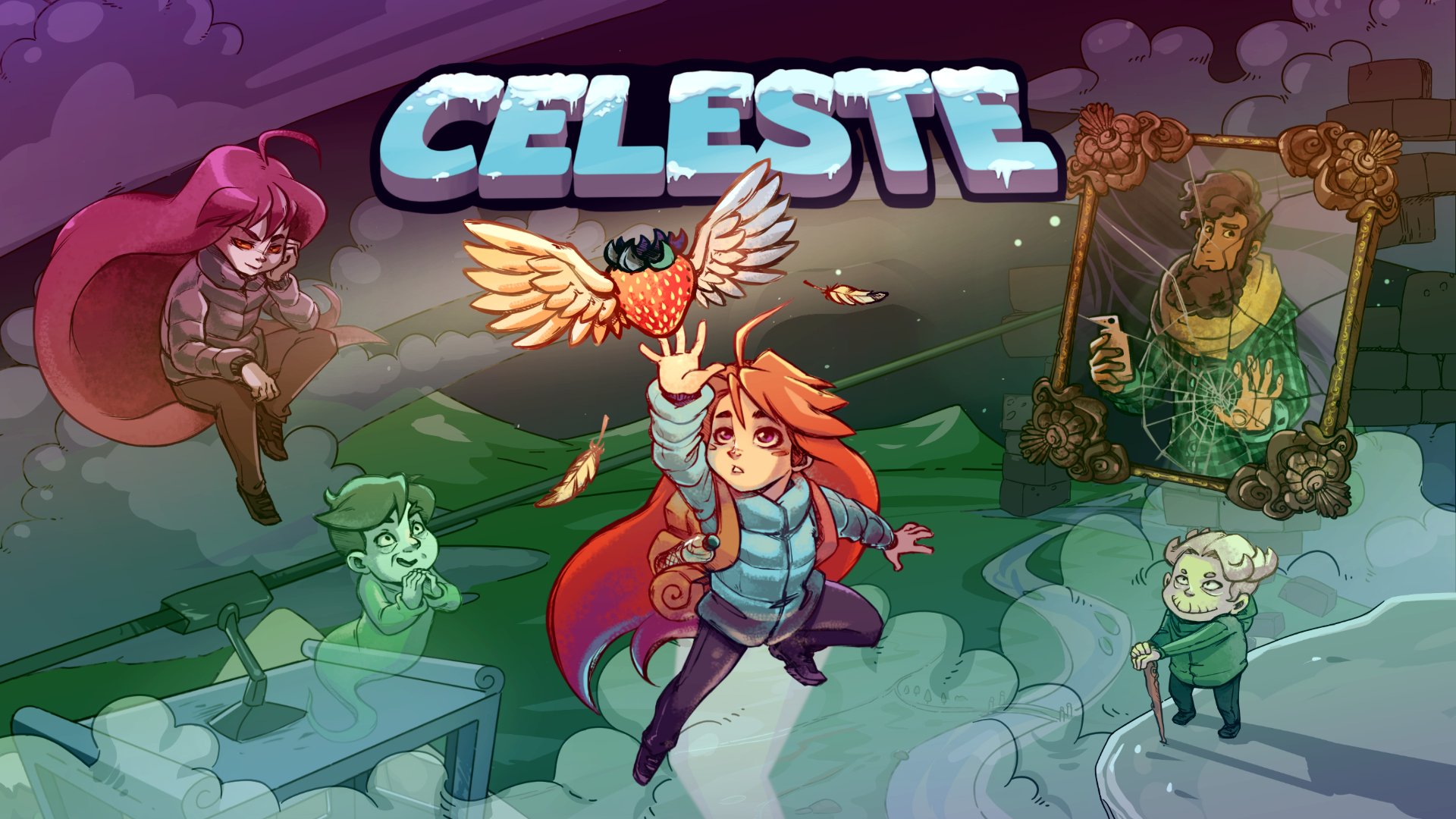Hyper Light Drifter | Speaking On Heart Disease Through Games
Source: Heart Machine Games
It took me a while to get around to completing Hyper Light Drifter. It wasn't that ti was frustratingly difficult or mediocre, life just kept pulling me away until recently when I sat down and spent a day or two taking my free time to finish the rest of the campaign. And I have to say, I'm so glad I decided to do so.
Hyper Light Drifter, developed by Heart Machine studios, is about a character known as a "Drifter". They're a lone wanderer in a post-apocalyptic world ravaged by machines. You play as this survivor who is fulfilling their role quite literally given to them by a deity known as Anubis. This entity wants you to destroy a crystal held in the hands of another creature called Judgment so they cannot utilize it to end the world. This is just a short summary of the story that lies hidden in the game's imagery. You see, there is minimal dialogue present, with with really an actually words being in the settings menu. It's quite incredible the amount of lore (which can be read about further here) that the developers were able to subtly place throughout the game's world.
The game features a very open world where you're asked, above all else, to explore and learn about what's going on through it. But that isn't the most unique aspect of Hyper Light Drifter. As you progress through the game, you realize that a major objective for the Drifter is collecting these shards that lead you to the final boss. However each time you pick one of these up, our protagonist is hindered. They slow down, cough up blood, and have these visions of the world ending as they are held back by a darkness.
At first, I was puzzled by the imagery and what it meant. But the more I played and the more often I was shown it, the more I felt that it couldn't have just been a story element in the game. And after taking some time to read more about the creator of Hyper Light Drifter, Alex Preston, I found my assumptions to be correct.
Alex Preston is the lovely man who originally came up with the idea for Hyper Light Drifter. He's also suffered from various medical condition all his life. “I’ve dealt with serious health issues since I was born: congenital heart disease, to start… a plethora of digestive and immune system problems have left me hospitalized on numerous occasions, often near death. This gives me a certain perspective on life, and plays into the stories I want to tell," Alex notes in an interview with The Guardian. In a separate video interview with Vice you get a better understanding of the sort of mental place that he’s been in for a large portion of his life. He’s been living with his heart disease for years with never knowing just when his last breath may be. That entire feeling alone sort of fueled what Hyper Light Drifter’s core focus would ultimately end up.
I don't believe Hyper Light Drifter could have been made if someone who didn't share Alex's medical history had been at the helm. The game is so reliant on Alex's experiences that I would have never felt the swell of emotions I had when I played it. While at its core, Hyper Light Drifter is an action-adventure with fun combat, its creator is what separates it from every other game in its genre.
To say that Alex's heart condition helped to create the game would be quite an understatement. The whole journey of the Drifter feels like a metaphor for Alex and his struggle to live. Once the credits rolled, I couldn't help but feel a profound mixture of awe and sadness. The story in the game left such a profound impact on me that I immediately went to learn more about Alex and his background. It made me more curious of the disease he’s been dealing with his whole life, and it’s also made me more interested in hearing what other creators with different illnesses have to say through the language of video games. So thank you Alex Preston. Thank you for making a game that to me is very important.
Inspired by this, I wanted to see if there were other games out there that took the time to teach the player about medical conditions. That's when I remembered two other small games - Hellblade: Senua's Sacrifice and Celeste.
While I originally meant to write about all three of these games as one entire article, it’s been taking me a while to get through each game while also taking the time to properly digest each and subsequently write about them. Also, I feel that to do these games (as well as others that I happen upon) justice I’m going to split it off into segments. It’s important that these games are highlighted in their unique utilization of health issues as a teaching experience to a mass audience and not simply lumped into one. To me, these games are examples of how the games medium is an entirely different beast from other art forms. They are shining examples of how much more room we have to grow in the space, and I can’t wait to discuss that further.




